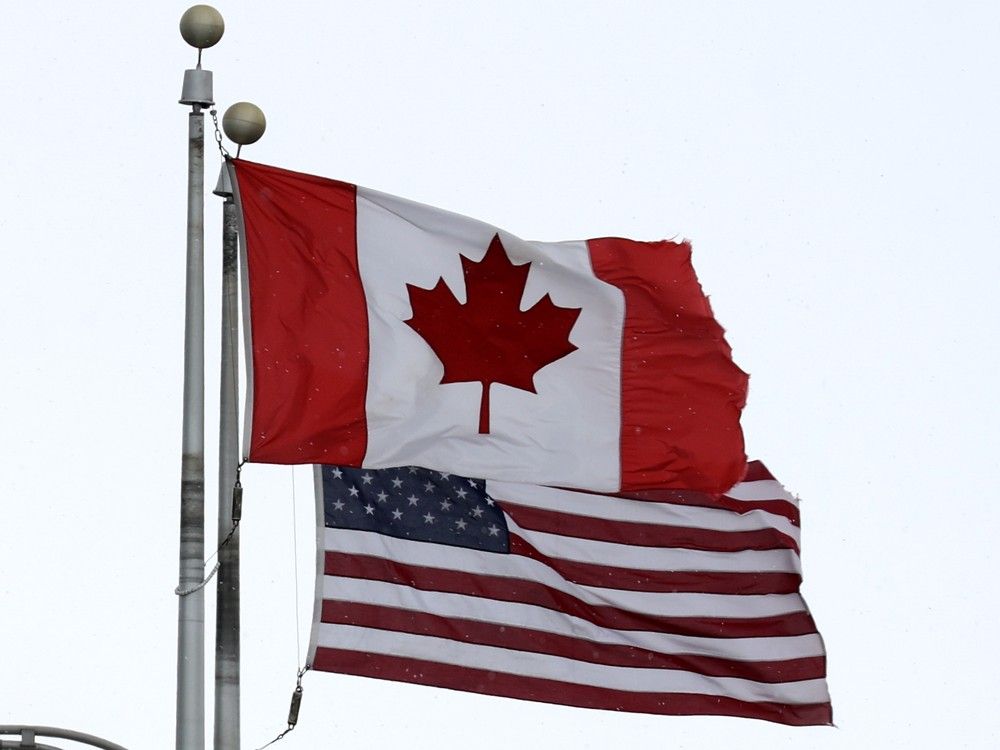
Canada Warns Travellers of Heightened Scrutiny at U.S. Border
So here’s what’s happening right now—Canada has officially updated its travel advisory for anyone heading to the United States. And it’s not just the usual heads-up; it’s a clear warning that things are tightening up at the border. If you’re planning a trip south of the border, you need to be aware that you might face increased scrutiny from U.S. border officials. This isn’t about scaring people, but it’s about being informed so you’re not caught off guard.
The new advisory from Global Affairs Canada highlights that border agents in the U.S. have a lot of discretion when it comes to letting people in—or not. And if you’re denied entry, it’s not just a simple “turn around and go home.” You could be detained while they sort things out, especially if you don’t meet their entry or exit requirements. One of the big things they’re pointing out is that electronic devices might be searched, and you should expect to be questioned more closely than usual. So yes, your phone or laptop might be looked at.
Also Read:- Spurs Struggle to Spark Against Bottom-Side Saints
- Mac Allister’s Rocket Lifts Liverpool in Crucial Clash Against Fulham
Frederic Dimanche, a professor from Toronto Metropolitan University, explained that while these kinds of powers have always existed, there’s a noticeable shift happening. The U.S. Customs and Border Protection agency says searches are rare—less than 0.01% of international travellers—but that doesn’t mean you shouldn’t be ready.
On top of that, as of April 11, there’s a new rule in effect. If you're planning to stay in the U.S. for more than 30 days, you now need to register with American officials beforehand. Failing to do so could land you with penalties, fines, or even prosecution. It’s a serious step, and Ottawa is urging Canadians to take this requirement seriously.
What’s more, institutions like the Université de Montréal are even issuing memos to their staff and students, warning them to be cautious—leave sensitive data at home, register with the school before travel, and be prepared. This is especially important given rising reports of people being stopped at the border, having to reveal personal data, or even being detained.
And here’s the thing: even though Canadians are allowed to visit the U.S. without a visa for up to six months, that doesn’t mean you're immune to questioning. The updated travel advisory clearly states that proof of your legal status in the U.S. might be requested at any time during your stay. So whether you're going for business, school, or just a vacation—carry your documents and be ready to show them.
The bottom line? This is a heads-up, not a reason to panic. But with the U.S. ramping up its scrutiny at the border, Canadians need to travel smarter and stay informed. It's all about being prepared so your trip goes as smoothly as possible.
Read More:

0 Comments